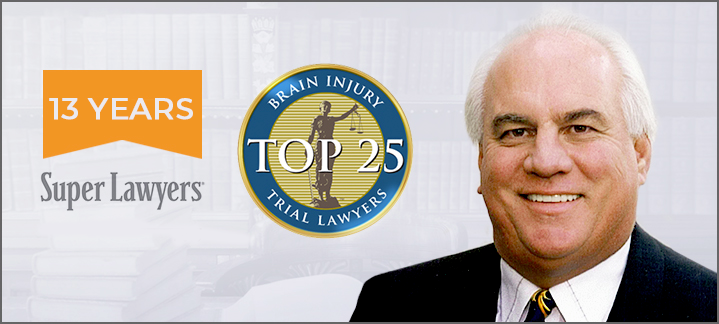Every year, approximately 235,000 people suffer a traumatic brain injury or TBI, according to the National Center for Biotechnology Information, U.S. National Library of Medicine. Additionally, the National Center for Injury Prevention and Control estimates about 1.1 million to 1.5 million individuals suffer a traumatic brain injury, and are evaluated in emergency rooms, where about 75 percent are categorized as “mild.” Mild traumatic brain injuries are not life threatening, so the patient is discharged and released. But, exactly what is a mild traumatic brain injury?
The National Center for Biotechnology Information defines mild TBI as, “result of the application of either external physical force or rapid acceleration/deceleration forces (eg, mechanical trauma, not anoxia/hypoxia, tumor, stroke) that disrupts brain function.” Because the brain is soft tissue, and “floats” surrounded by hard bone, sudden and forceful contact with the inside of the skull can result in mild traumatic brain injury. Because of the injury to the brain, changes in behavior, comprehension, sleeping, and other issues may appear, although they might go unnoticed or misunderstood. Sophisticated scans and neuropsychological testing is important to diagnosing a mild TBI.
Common causes of mild TBI are car accidents, motorcycle crashes, sports injuries, falls, and other like incidents. Typically, people who suffer a mild traumatic brain injury experience one or more symptoms. According to the Brain Injury Association, early symptoms of a MTBI are headaches, dizziness or vertigo, memory impairment, nausea & vomiting whereas later symptoms are persistent low grade headache, lightheadedness, poor attention and concentration, excessiveness or easy fatigue, intolerance of bright light or difficulty focusing vision, intolerance of loud noises, ringing in the ears, anxiety and depressed mood, irritability and low frustration tolerance.
Currently, there isn’t a cure for concussion or mild traumatic brain injury and the diagnosis of mild traumatic brain injury is challenging, considering people who suffer TBI often have more obvious injuries such as a broken bone or lacerations. Often, MTBI will go unidentified. However, anyone who suspects he or she is experiencing any MTBI symptoms should immediately seek professional medical attention. The sooner the issue is diagnosed, the sooner treatment or cognitive rehabilitation can start.
If you or a loved one has been in an auto, truck or other type of accident you should talk with an attorney immediately. Contact Vititoe Law Group, experts in handling brain injury cases, for a free case evaluation and to learn about your legal rights. There are time limits to filing a claim so it’s important to act quickly.








